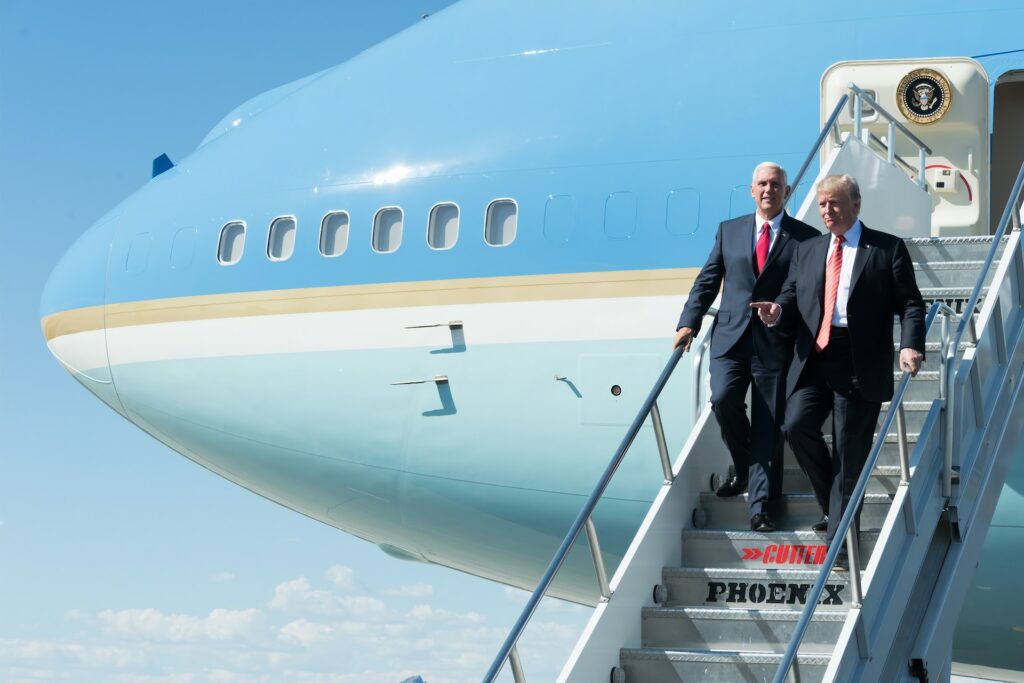
(Cupventi.com) – The upcoming criminal trial of Donald J. Trump, the first for a former U.S. president, is set to begin this Monday. Facing charges related to a sex scandal cover-up, Trump’s situation is precarious, yet he remains confident of leveraging the situation to his advantage, regardless of the outcome. Manhattan’s legal team has assembled a potent case, armed with insider witnesses and a jury drawn from a notably liberal area. Despite these challenges, Trump, also the presumptive Republican nominee for 2024, is crafting a narrative he believes could vault him back into the presidency.
Trump’s strategy involves framing the legal proceedings as biased, portraying himself as a victim of political persecution. He has hinted at possibly taking the stand to directly appeal to the jury, a move that, while unusual and risky, underscores his unconventional approach to legal battles. The former president is no stranger to controversy, having navigated numerous scandals and legal issues during his time in the political spotlight. From his shocking 2016 electoral victory to his impeachments and the contentious 2020 election aftermath, Trump has continually defied the norms of American politics.
The charges Trump faces stem from accusations that he falsified business records to conceal a hush-money payment made during the 2016 campaign to Stormy Daniels, a porn star who claims to have had an affair with him. If convicted, Trump could face a prison sentence, though a criminal record would not necessarily bar him from the presidency.
The trial, expected to last several weeks, will unfold in a Manhattan courtroom, a setting far removed from the luxury of Trump’s Florida estate. As the trial progresses, the spectacle is likely to attract intense media coverage and public demonstrations, mirroring the polarized views of Trump’s presidency. High-profile figures like Stephen K. Bannon plan to capture the moment with live broadcasts from the scene.
Inside the courtroom, Trump’s team will confront a narrative laid out by Manhattan District Attorney Alvin L. Bragg, focusing on Trump’s alleged interference in the 2016 election through covert payments and media manipulation. Trump has retaliated with vehement attacks on Bragg, accusing him of racial bias and political motivation, claims that have added to the contentious atmosphere of the proceedings.
As the trial nears, jury selection will be critical, with potential jurors likely holding preconceived notions about Trump due to his divisive public persona. The defense aims to identify sympathetic jurors, particularly among demographics they believe may be more favorable to Trump. Meanwhile, Trump’s legal team and supporters frame the trial as a critical battle, using it as a rallying cry for campaign fundraising and public support.
Regardless of the trial’s outcome, its ramifications will extend far beyond the courtroom, potentially influencing the upcoming presidential race and Trump’s political legacy. The trial not only tests the legal boundaries of presidential immunity and accountability but also the resilience of American democratic institutions in the face of unprecedented challenges.